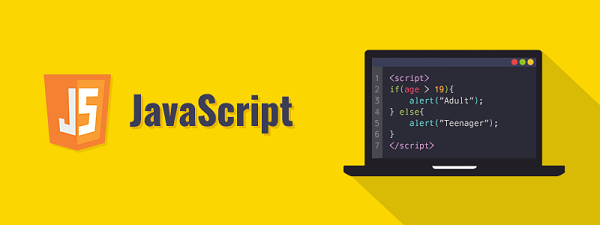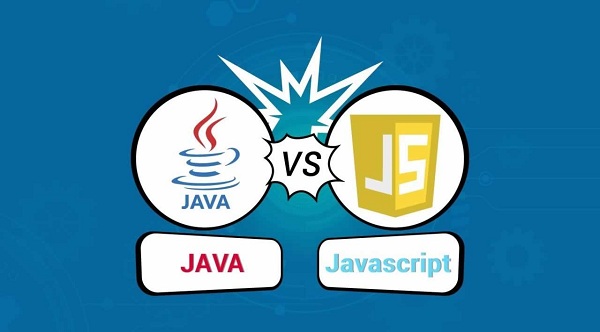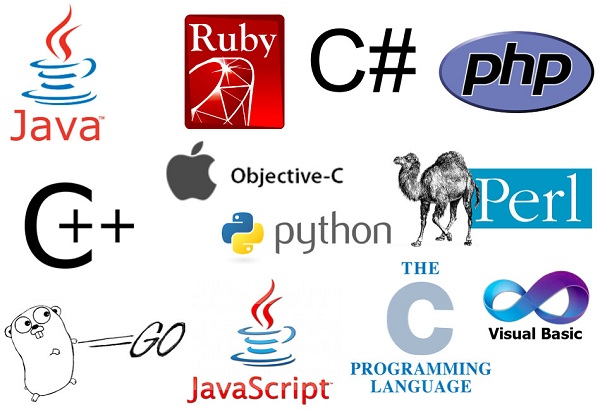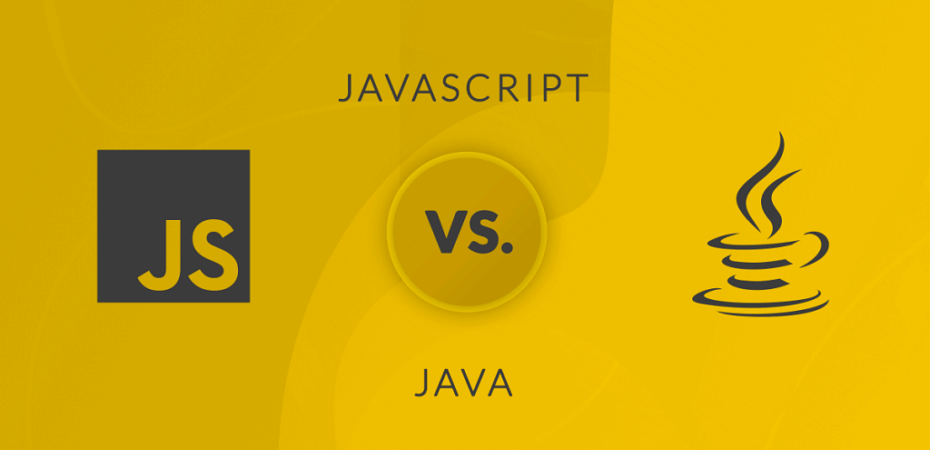Today, numerous programming languages are available for software developers to use, making it difficult for programmers to decide which language to learn. Java and Javascript are the two most popular programming languages. These languages are often compared and contrasted. Because of the similarity of their names, people often get confused about these two programming languages.
If you are searching for how to hire a Javascript dev or a Java dev, you must learn what these languages are and the difference between the two. In this blog post, I’ll tell you many things about Java and Javascript, their key features, and the differences between them?
What is Meant by Java?

Java is a programming language developed in the early 1990s by James Gosling. Java is an Object-Oriented Programming (OOP) language, and it enables developers to create programs with reusable code.
Java has become one of the most popular programming languages globally and is used by millions of developers to create software applications. Java is a platform-independent language, meaning that programs written in Java can run on any operating system with a Java virtual machine installed.
What is Meant by JavaScript?

JavaScript is also a programming language developed in the early 1990s by Brendan Eich. It was initially called LiveScript, but it was renamed JavaScript when implemented in the Netscape Navigator browser. JavaScript is a dynamic computer programming language that can create interactive effects within web pages and as a server-side scripting language for those developing Ajax applications.
JavaScript runs on any platform, and it doesn’t need an interpreter as Java does. It was developed mainly for client-side scripting, in other words, for programming the behavior of a web browser.
What Are The Differences Between Java and Javascript?

Java and javascript have unique features that make them stand out to be one over the other. We have listed some of the differences between them. These differences will surely help you if you want to learn how to hire a Java dev or Javascript dev.
Type of Programming Language

Java has a more extensive class library than JavaScript does and supports multithreading. JavaScript is a scripting language that enables developers to add programmable behavior to web pages, or JavaScript can be used as an independent programming environment. On the other hand, Java is programmer-friendly and allows you to build complex applications using object-oriented concepts like inheritance, polymorphism, etc.
File Extension
A Java file has a .java extension, and the compiled code is in the form of bytecode. In comparison, a JavaScript file has a .js extension.
Compilation Process in Java and Javascript
Java is a compiled language, while JavaScript is an interpreted one. It means that with the former, you need to compile your code before executing it, but in the latter case, you can run your code immediately without prior compilation. The compilation does take some time, so if speed or performance matters in your application, Java might be the better choice.
Typing The Two Programming Languages
Java is typed statically, while JavaScript is typed dynamically. For Java, the developer must declare the variable type and its value. In contrast, the developer can assign any value to a variable in JavaScript as long as it makes sense.
Memory Management Process
Java doesn’t have the concept of garbage collections, while JavaScript has it. It means that in Java, you need to allocate memory for objects yourself using new keywords provided by the language and then release this memory with delete keyword when no longer needed. In the case of JavaScript, the engine automatically allocates memory as per requirements without requiring any explicit action from the developer.
Running Platform for Java and Javascript
Java can be run on Java virtual machine, but the developers need to install it on the target system. On the other hand, JavaScript doesn’t need any particular software installation. It is a browser-based programming language and runs only in web browsers without requiring additional software installation.
Development Tools for Java and Javascript
Java has a large number of development tools that are available for free and commercial use. These include Eclipse IDE, Netbeans IDE, and IntelliJ IDEA. In contrast, there are fewer tools available for JavaScript, like Atom, Brackets, and Visual Studio Code, and it is not as easy to find a good one.
Operating System for Java and Javascript
Java is a cross-platform language and can be run on different operating systems. Java is used for developing desktop applications, mobile apps, and games. In contrast, JavaScript is limited to running on web browsers only. On the other hand, JavaScript runs only on web browsers that support it.
Approach to Concurrency in Java and Javascript
Java is a multi-threaded language and allows concurrent access to shared resources. JavaScript doesn’t support multithreading and uses asynchronous callbacks instead of threads for concurrency purposes.
Programming Language Syntax in Java and Javascript
Both languages share similar concepts like variables declaration (var, const, and let), assignment operator, etc. However, there are a few syntactical differences between the two languages, like semicolons at the end of each statement in Java, whereas those aren’t required in JavaScript. JavaScript uses the comma-first style for arrays instead of braces to surround array values.
Programming Model of Java and Javascript
Java is an object-oriented programming language, while JavaScript is functional. In Java, the developer has to create classes and objects to model the real-world entities, while in JavaScript, everything is a function.
Time Taken For Learning Both The Languages
Java might seem complicated because of its syntax and language features like generics, enums, annotations, etc. At the same time, JavaScript is relatively easier to learn because of its functional programming model and lack of strict syntax rules.
Read also:
- 10 Best WordPress Advertising Plugins
- The Dangers We Face Online Each Day And How To Stay Protected
- The Main Reasons Why You Should Backup Your Data
- 4 Reasons Why Businesses Like Using Cloud-based Platforms
- 6 Useful Online Tools You Will Want To Hear About
- 6 Cheap WordPress Hosting Services
- The Ultimate Guide to Your First WordPress Site
- 6 Reasons WordPress Makes The Best Choice
- WordPress Security Guide



